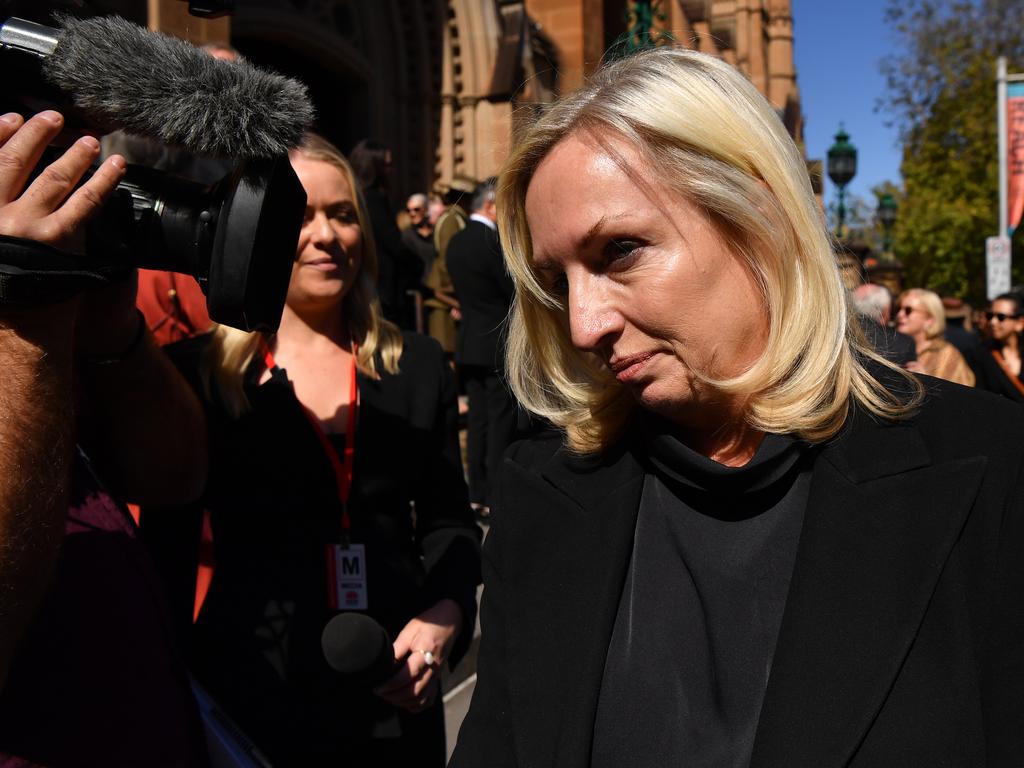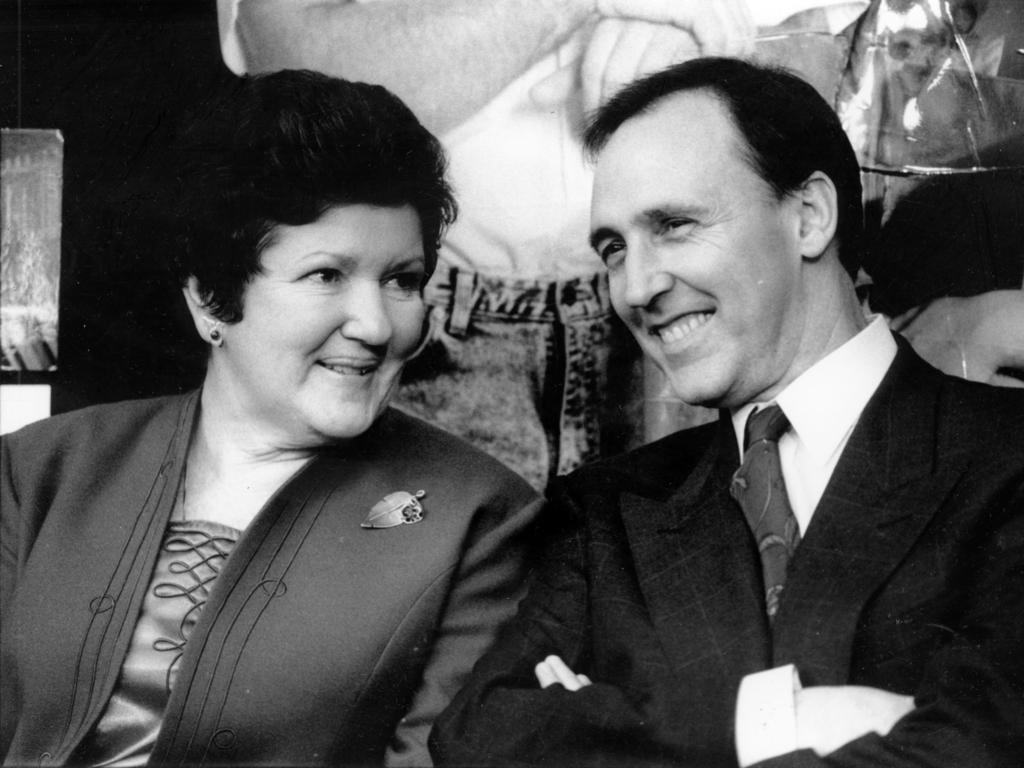Jab or no jab, we’re trapped in a golden cage
It is hardly reassuring to a nation of inveterate gamblers for the TGA to say that your chances of winning lotto are higher than getting a thrombosis from the Astra Zeneca vaccine.

Unlike the initial lockdown and various outbreaks which were suppressed with maximum population compliance, vaccination is not being met with universal compliance, especially from people in the over-50s age group who now must have the Astra Zeneca vaccine or nothing.
It is hardly reassuring to a nation of inveterate gamblers for the TGA to say that your chances of winning lotto are higher than getting a thrombosis from the Astra Zeneca vaccine. Despite all the reassurance from the medical profession, most of whom have had the Pfizer vaccine, Australians are going to take their time.
People in the over-50 age group are cancelling their vaccine appointments, so it is obvious that they are weighing up having a vaccine with possibly fatal side effects, versus the remote possibility of having COVID-19.
What is more, as Health Minister Greg Hunt has admitted, nobody knows how long immunity from any of the vaccines will last, and many older people are not keen to have to be revaccinated if they want to travel. The feeling of security and confidence in Australia is very high and among my own family and friends some in this age group have decided not to be vaccinated and never to travel overseas again. The group that are most keen to be vaccinated are the young, desperate to travel.
On a political level, both ends of the spectrum are vociferously arguing about the speed of the vaccine rollout. But it is to no avail. Nobody is listening. The Prime Minister can talk up the speed of the rollout, and talk of putting the cabinet on a “war footing”, but middle Australia is ignoring the political hubbub and just quietly going about its business, watching the vaccination scenario overseas and making up their own minds.
There is certainly vaccine complacency, because most middle aged people know they might have to be vaccinated eventually.
This is an interesting example of why the naysayers were wrong about our grasp of democratic freedom. During the various emergency lockdowns, readers might remember that many vocal opponents of the lockdowns harped on about the danger to our democratic liberties if we allowed the government to dictate how, when and where we were allowed to move and live. We were allowing the government dangerous control over our lives.
But Australians are not by and large stupid people. They knew that what we had to do was for a very good reason, and the example of chaos overseas was enough to propel most people toward strict compliance.
However, now the risk has shifted and we know we are free of community transmission, the situation has changed, and most people realise vaccination is not the panacea that was promised.
Although many people are still looking forward to overseas travel, that scenario is remote and unclear. Australians are trapped in a golden cage, and unlike in Europe and the UK where easing of restrictions after huge numbers of infections and deaths has produced the initial euphoria of “opening up”, that euphoria has passed us by. We have been “open” for some time, and we have already been primed not to expect that things will ever be the same as they were.
What the federal government is not successfully doing is giving a clearer picture of the longer-term benefits of vaccination. This is a difficult task as longer-term benefits and risks to the economy are quite remote from most people’s lives. Personal benefits have a much greater impact.
People need incentive, and the most obvious incentive would be the lifting of all lingering restrictions on personal freedom. Vaccination should not and cannot be made compulsory — but these restrictions still are compulsory and many are unfair and illogical. Recently in Canberra, which has had no community transmissions, I attended an opera with a full cast in a packed theatre where there was no social distancing, no mask wearing and the only requirement was to show the app. However, in the cathedral they are still limiting numbers.
A report by Professor David Heslop, an expert in biosecurity and risk management who has provided advice to the NRL Project Apollo and other organisations during COVID-19, advised that the current differential treatment between entertainment activities and religious gatherings is no longer supportable in the current very low prevalence of COVID-19 in NSW and the ACT. And what is more, where COVID-19 is absent in the community, the increased risk from liturgical singing is “theoretical only and, in practice, zero”.
So much for the ban on singing at church but not at an opera.
Liberty comes with a price and Australians have paid that price in severe restrictions. But if the federal government wants people to be vaccinated, it should be encouraging the states to scrap all remaining restrictions.
People should be able to sensibly take matters into their own hands now, as they appear to be doing with vaccination.







Amid the confusion over the vaccine rollout and media criticism of the government’s handling of the situation, one thing has become quite clear — Australians have decided what to do about vaccination themselves, and many have decided not to be vaccinated.